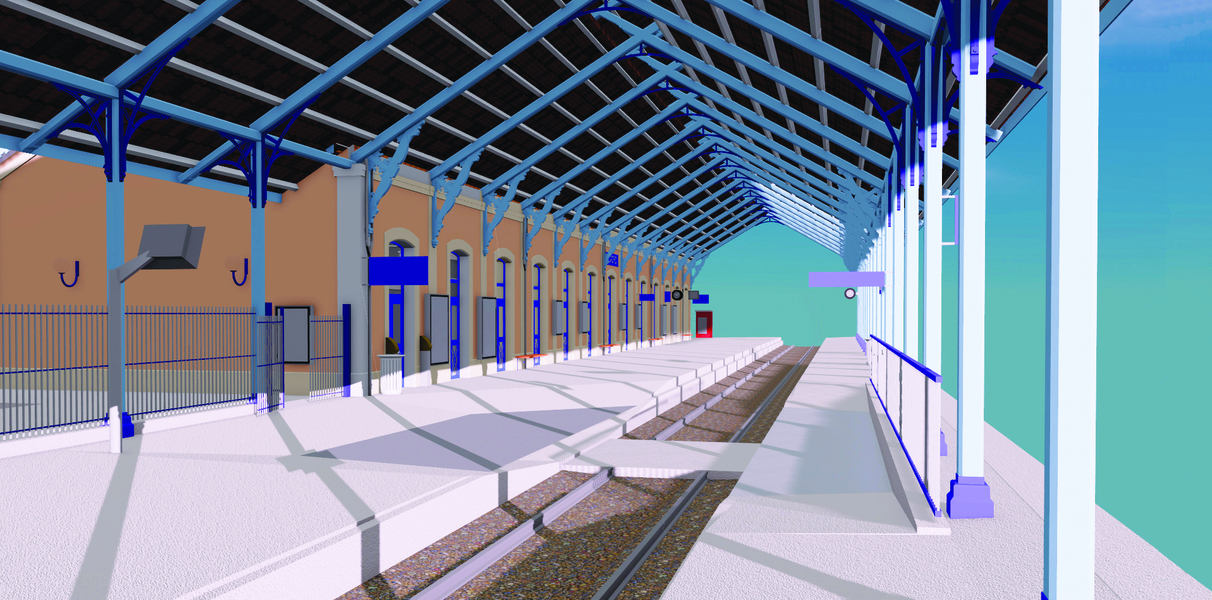WP4 Results : Pilot project in Libourne' SNCF station
The Libourne railway station, in service since 1852, is a 3-storey building, built in stone, with a surface area of 931 m2. The space is divided between the hall, the offices, the shops and the checkpoint. The station welcomes more than one million users every year.
A preliminary study conducted as part of the Sudoe Stop Co2 project, which encompassed the environment, systems, consumption, etc. showed that Libourne station, such as many French railway stations, was a building that consumed a lot of electricity, not to mention a control system to know in detail the power consumption of each space of the building.
Long-term consumption control is an effective method for improving the energy performance of buildings and their facilities, as well as for optimizing their use and reducing their operational costs.
Steps :
- Study of existing systems in the field.
- Proposal of alternatives based on SNCF planning and site visit.
- Establishment of a counting system and a checkpoint.
- Data analysis.
- Modification of the system to guarantee the reliability of the electrical diagram.
- Implementation of the control tool.
